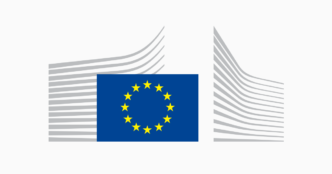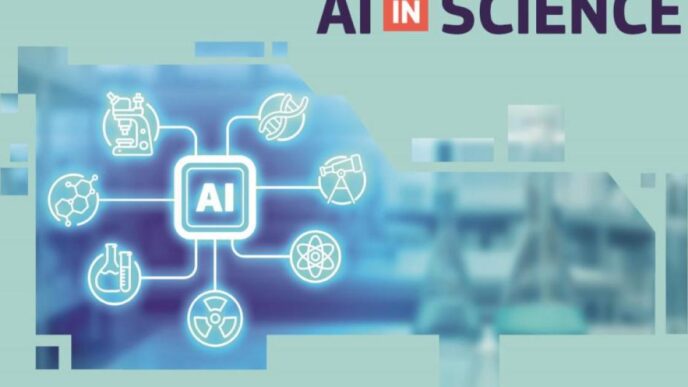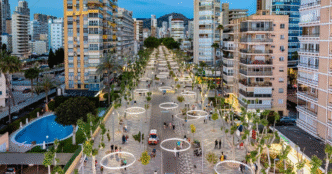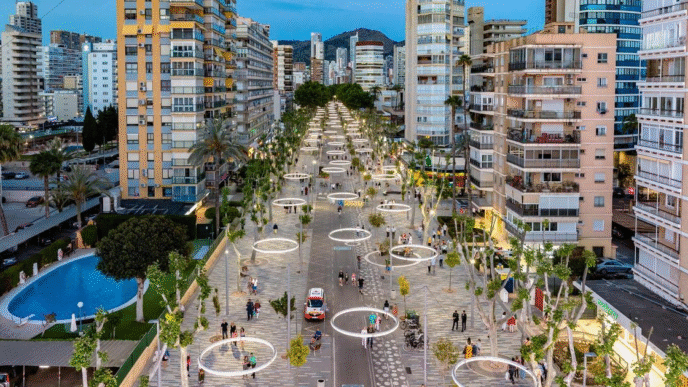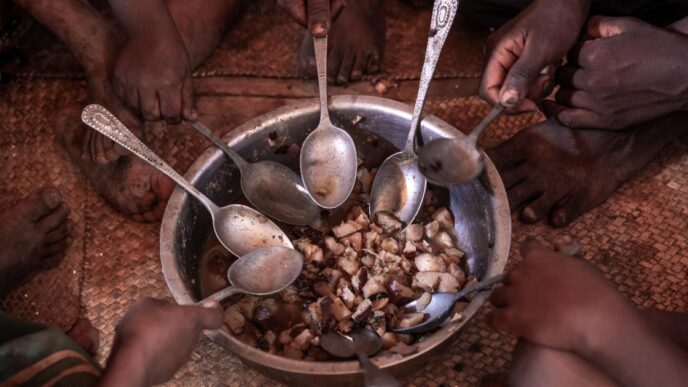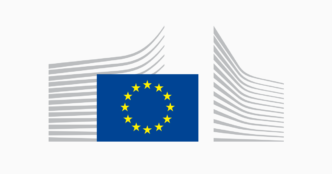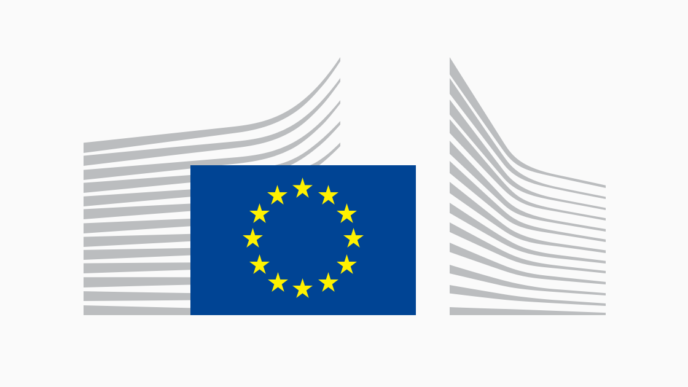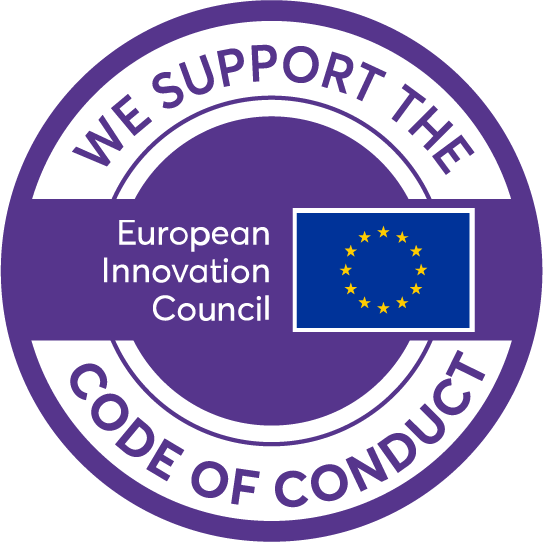Latvia will organise a major student science fair, the European Contest for Young Scientists (EUCYS) in 2025. This will mark the first time that the contest takes place in Latvia, offering a unique opportunity to showcase the vibrant research and innovation landscape of the country to the best young scientists across Europe and beyond. EUCYS 2025 will be organised by the State Education Development Agency of the Republic of Latvia (VIAA).
From 15 to 20 September, around 140 young scientists aged between 14 to 20 years old, coming from around 40 countries across the world, will get together in Riga. Future participants are now in the process of being selected at their country level, as they must win a first prize at their national science competition to be eligible to compete. Once in Riga, they will present their scientific projects to an international jury composed by more than 20 esteemed scientists, who will assign monetary prizes of a total of €62 000, as well as prestigious visits to the most important research organisations in Europe.
Last year, EUCYS took place in Katowice, the European City of Science 2024, and saw the participation of 143 participants with 94 projects. In 2026, the contest will be hosted by Germany, more specifically by the city of Kiel, under the umbrella of the pilot initiative Science Comes to Town.
Background
The European Union Contest for Young Scientists (EUCYS) is the most important student science fair in the EU, set up by the European Commission in 1989. Each year, the event brings together the best young scientists aged 14-20 from the EU and beyond, to present their projects to a panel of international judges. The number of participating students has grown from 53 in the first competition in 1989 to an average of 150 a year.
EUCYS promotes careers in research and innovation among European students, by giving them the opportunity to compete and exchange ideas with their peers at EU and international level and be guided by some of the most prominent scientists in Europe. Equally, it fosters the participation of young women scientists in research and innovation, as they are still underrepresented in Science, Technology, Engineering and Mathematics (STEM).
More information
EU Contest for Young Scientists
Europe expands public science engagement and research careers with €29 million
